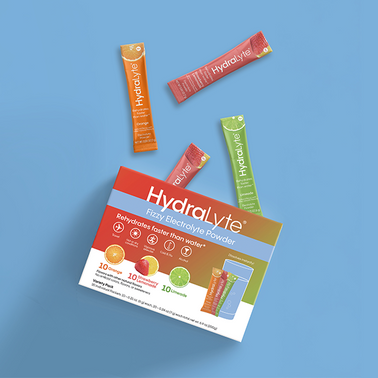As we age, our bodies tend to slow down. You may notice that you take longer to recall a name, cook dinner, or complete daily errands. Our digestive track also slows down over time. When this happen, you can experience constipation or a difficulty relieving yourself due to a hardening of the bowel's contents. This can be frustrating, painful, and embarrassing. Here are some tips to help with constipation.
Tips to Help with Constipation
1. Stay hydrated Since our digestive track slows down as we age, it's no surprise that you may find yourself not as thirsty as you once were. In older adults, the thirst reflex (the ability to know when you are thirsty) does not work as well as when you were younger. By not drinking enough water, you are more likely to be dehydrated and furthermore experience constipation. Drinking fluids regularly, preferably water, is a great first step to ensuring your intestines have enough liquid, stay hydrated, and move everything along. If you are drinking water and you still do not think that you are getting enough fluid into your body, try an oral rehydration solution. Be sure to talk to your doctor about your health and medications before using an oral rehydration solution.Drinking fluids regularly, preferably water, is a great first step to ensuring your intestines have enough liquid to move everything along. If you are drinking water and you still do not think that you are getting enough fluid into your body, try an oral rehydration solution.2. Increase your fiber intake Everyone knows the old saying, "an apple a day keeps the doctor away," and that's because apples are a great source of fiber! Fiber helps bulk up the contents in your intestines, making it easier to move everything along and push out when the time comes. Many different food sources, such as beans and broccoli, provide healthy sources of fiber; if needed, you can also use supplemental fiber. 3. Changing / adding medications Sometimes the medications that you use daily can cause constipation, including opioids, cold medications, antacids, antihistamines, iron, and certain blood pressure medications. This can be a tricky problem as you need the medication but do not tolerate its side effects. Always talk to your doctor about the side effects you are experiencing so that you can see if there's another drug choice that would have fewer side effects for you. You also may be able to add on a second medication to alleviate your constipation if you cannot switch the medication you are currently using. 4. Exercise regularly If you want to keep your gut moving then move your whole body! Exercise helps your digestive track stay normal. Aerobic exercise, the type that gets you breathing heavier than normal and your heart rate up, helps the muscles in your legs, arms, and intestines. Running is not the only aerobic exercise; stair-climbing and gardening are easier activities that can also get your blood flowing. Be sure to wait about an hour after a meal to exercise as you need time to digest. Remember, don't do anything too strenuous and stay hydrated!










